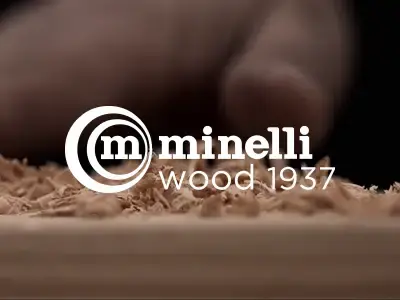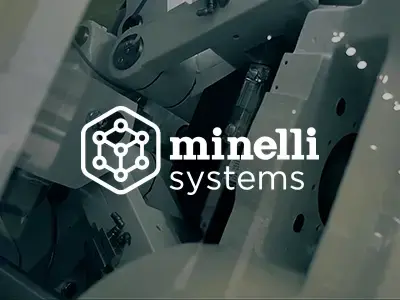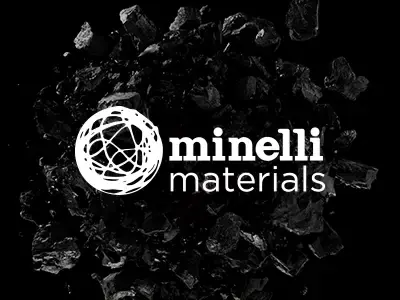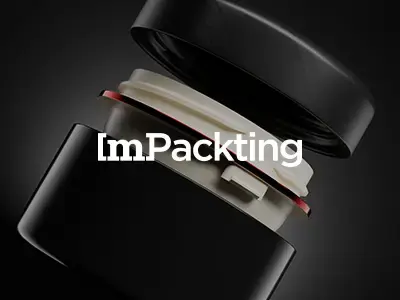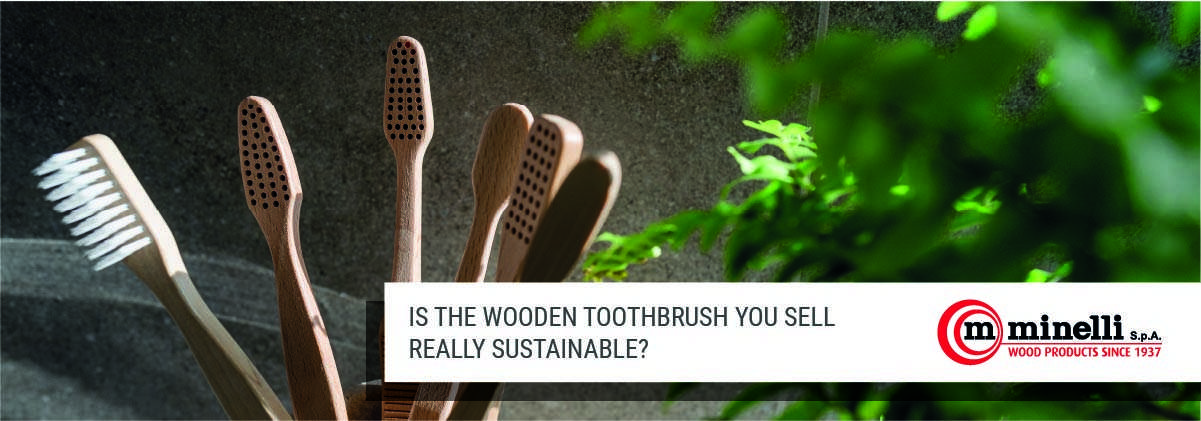 To reduce plastic pollution, many people are now switching to products made with eco-friendly materials in their everyday life, such as metal straws, refillable packaging, eco shopping bags, and wooden toothbrushes.
To reduce plastic pollution, many people are now switching to products made with eco-friendly materials in their everyday life, such as metal straws, refillable packaging, eco shopping bags, and wooden toothbrushes.
Wood is considered one of the most sustainable materials because it is naturally present in nature and does not damage the environment once thrown away.
But is this enough to claim that what you are selling is sustainable? Definitely not.
Discover more in the following article!
When a wooden toothbrush can be considered sustainable
Small businesses and big brands are now using wood to create sustainable products, but often they simply choose wood as the raw material without considering what lies behind it.
Many suppliers, in fact, offer wooden components in their catalogue proclaiming and publicizing them as eco-friendly and green just because they are made of wood instead of plastic, but this is not enough.
A product can be considered sustainable if manufactured sustainably with sustainable raw materials
Let’s analyze this sentence.
Manufactured sustainably: what does it mean?
Sustainability in manufacturing can be defined as “the creation of manufactured products that use processes that minimize negative environmental impacts, conserve energy and natural resources, are safe for employees, communities, and consumers and are economically sound.” (U.S. Department of Commerce, 2009).
It is a holistic view that includes products and production processes and is applied at every stage of the production process of a wooden item from the plant to the firm to the entire supply chain.
A wooden toothbrush, though, is not eco-friendly just because it is made of wood. It is sustainable if the manufacturer adopts sustainable manufacturing practices that include many aspects:
- It complies with standards of environment and forestry protection
- It is committed to reducing the company’s harmful emissions by producing where wood is gathered; shortening the route that raw materials take to reach production facilities makes transportation logistics more sustainable
- It follows a circular economy model, recycling and reusing resources when possible to produce other objects, fuel heating systems, and heat drying chambers
- It uses more efficient implants and monitors energy consumption, periodically conducting specific audits to track the company’s energy usage and improve efficiency
- It also offers organic water-based lacquers created with ingredients derived from recycled materials and renewable sources that have less of an effect on the planet compared with petroleum products
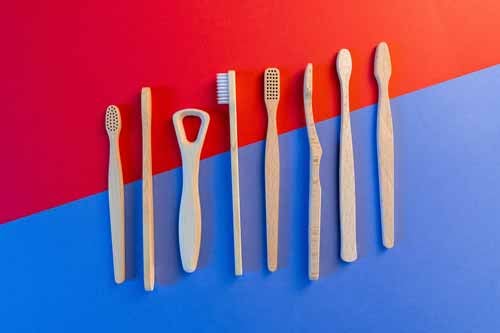
Sustainable raw materials: is wood always sustainable?
Wood is sustainable when collected in a way that guarantees healthy, continued, and sustainable growth.
PEFC and FSC certifications ensure that wooden products are created with timber deriving from well-managed forests that provide environmental, social, and economic benefits to local communities.
Cutting trees, in fact, doesn’t mean deforestation. Sustainable forest management practices ensure the protection of natural wildlife, as for every tree harvested, another one replaces it, guaranteeing the regeneration of forests.
According to the WWF—the World Wildlife Fund—responsible forest management can help protect vulnerable forests from illegal logging, encroachment, or conversion to farmland and meet society’s needs without depleting natural capital.
By ensuring your supplier uses only FSC or PEFC-certified wood, you can provide your customers with guarantees that wood products are made using responsibly sourced and sustainable wood.
Other regulations are crucial to consider wood a sustainable raw material, and they concern illegal logging:
- the EU Timber Regulation prohibits illegally harvested timber or timber products from being sold in the European Union
- the U.S. Lacey Act bans trade of illegally sourced wood products in the U.S. market
How do you ensure that the wooden toothbrush you sell is sustainable?
It’s all about choosing the right wood maker. In this article, we talked about finding a sustainable toothbrush manufacturer that fits your needs.
A reliable manufacturer is transparent about the origin of the raw materials it employs and can guarantee they are collected and processed sustainably.
Ask where it collects wood, the production process it uses, certifications the company has received, and the strategy it employs to reduce its carbon footprint and be more green.
Just in this way you can understand if you can rely on it and offer sustainable oral care items to your clients.
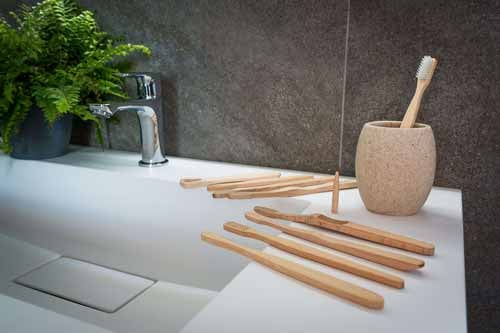
Do not forget that products must also be functional and aesthetically beautiful to be successful in the market. Besides policies about sustainability, also ensure that the wood manufacturer you select has years of experience in wood manufacturing as well as the right technologies and state-of-the-art machinery to create top-quality, ergonomic, and safe wooden items.
Nobody will buy a sustainable but ugly, uncomfortable, and unsafe wooden toothbrush.
The Minelli Group has always focused on sustainability: in 1999, we were among the first to be certified by the FSC when it was not yet a standard. Today, we are also PEFC certified.
We recently underwent an EcoVadis Audit and received a highly positive rating in terms of environmental, labor & human rights, ethics, and sustainable procurement impact.
This demonstrates our sincere dedication to pursue a responsible manufacturing model that respects the environment as well as all ethical aspects of business.
Moreover, thanks to our team of experienced specialists, since 1937 we have designed and developed top-quality wooden products whose quality is recognized all over the world.
Do not hesitate to contact us for further information!
